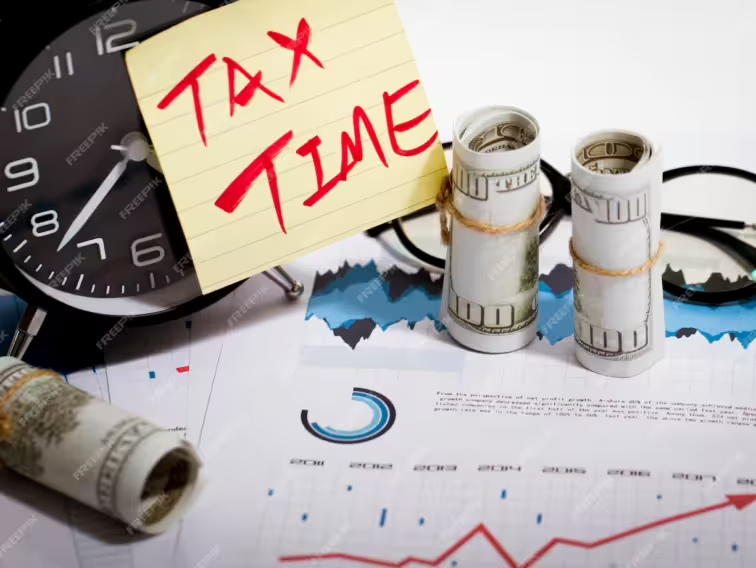Filing income taxes is a critical aspect of managing personal finances and fulfilling civic responsibilities in Canada. Whether you’re applying for a loan, seeking government benefits, or simply maintaining accurate records, it’s essential to have proof that you have filed your income taxes. Here’s a comprehensive guide on the documents you need to prove you have filed income taxes in Canada.
Notice of Assessment (NOA)
The Notice of Assessment (NOA) is the most crucial document for proving that you have filed your income taxes. Issued by the Canada Revenue Agency (CRA), the NOA confirms the details of your tax return after it has been processed. It outlines your income, deductions, credits, and any balance owing or refund. This document is essential for:
- Verifying income for loan applications.
- Applying for government benefits and subsidies.
- Maintaining personal financial records.
To obtain your NOA, you can log into your CRA My Account online, where you can view and print past NOAs.
Tax Return
Your tax return itself is another critical document. It includes the T1 General form, which summarizes your income, deductions, and credits for the tax year. The T1 General is accompanied by various schedules and forms that detail specific types of income and deductions.
While the tax return isn’t usually the primary document for proving you have filed taxes (the NOA is preferred), it is still a vital part of your records. Keeping a copy of your filed tax return, along with all supporting documents, is good practice.
Proof of Filing
Proof of filing can come in several forms:
CRA Online Confirmation:
If you file electronically using CRA’s NETFILE service, you receive an online confirmation number. This number serves as immediate proof that your return was filed.
EFILE Confirmation:
If a tax professional files your return using the EFILE service, they will receive a confirmation code from CRA. Your tax preparer should provide you with a copy of this confirmation.
Mailing Receipt:
If you file a paper return, keep a copy of the return and the mailing receipt from Canada Post or any other courier service. Sending your return via registered mail or courier provides proof of the date you mailed it.
T-Slips
T-slips are issued by employers, financial institutions, and other entities to report various types of income. Common T-slips include:
- T4 Slip: Employment income.
- T5 Slip: Investment income.
- T4A Slip: Pension, retirement, annuity, and other income.
- T3 Slip: Income from trusts.
While T-slips do not prove that you filed your taxes, they are essential documents that support the income reported on your tax return. Retain all T-slips for at least six years, as the CRA may request them if they review your return.
Receipts for Deductions and Credits
Supporting documentation for deductions and credits claimed on your tax return is also important. This includes:
- Charitable Donation Receipts: Official receipts from registered charities.
- Medical Expense Receipts: Documentation of eligible medical expenses.
- Tuition and Education Receipts: T2202A forms from educational institutions.
- RRSP Contribution Receipts: Proof of contributions to a Registered Retirement Savings Plan.
These receipts substantiate the claims made on your tax return and should be kept for at least six years.
CRA Account Statements
The CRA provides various statements and correspondence throughout the year that can serve as proof of filing and payment. Key documents include:
- CRA Account Summary: Periodic statements that summarize your account status, including any balance owing or refunds issued.
- Payment Receipts: Proof of any tax payments made to the CRA, whether for balances owing, installments, or other purposes.
Myca Account
Setting up and maintaining a MyCRA account online provides a convenient way to access all your tax documents. Through this portal, you can:
- View and print Notices of Assessment.
- Access your tax return status and history.
- Download T-slips and other tax-related documents.
Conclusion: Maintaining proper documentation of your tax filings is crucial for verifying your financial activities and ensuring compliance with Canadian tax laws. Key documents include the Notice of Assessment, tax returns, proof of filing, T-slips, receipts for deductions and credits, CRA account statements, and access to your Myca account. By keeping these records organized and accessible, you can confidently prove that you have filed your income taxes in Canada and be prepared for any financial or administrative requirements that arise. For more information contact us now.
Disclaimer: This information is for general guidance only. For specific advice regarding what documents you need to prove you have filed income taxes in Canada, consult the CRA or a tax professional.
Transformative Innovations in Family Reunification: Canada’s Advanced Immigration Analytics
